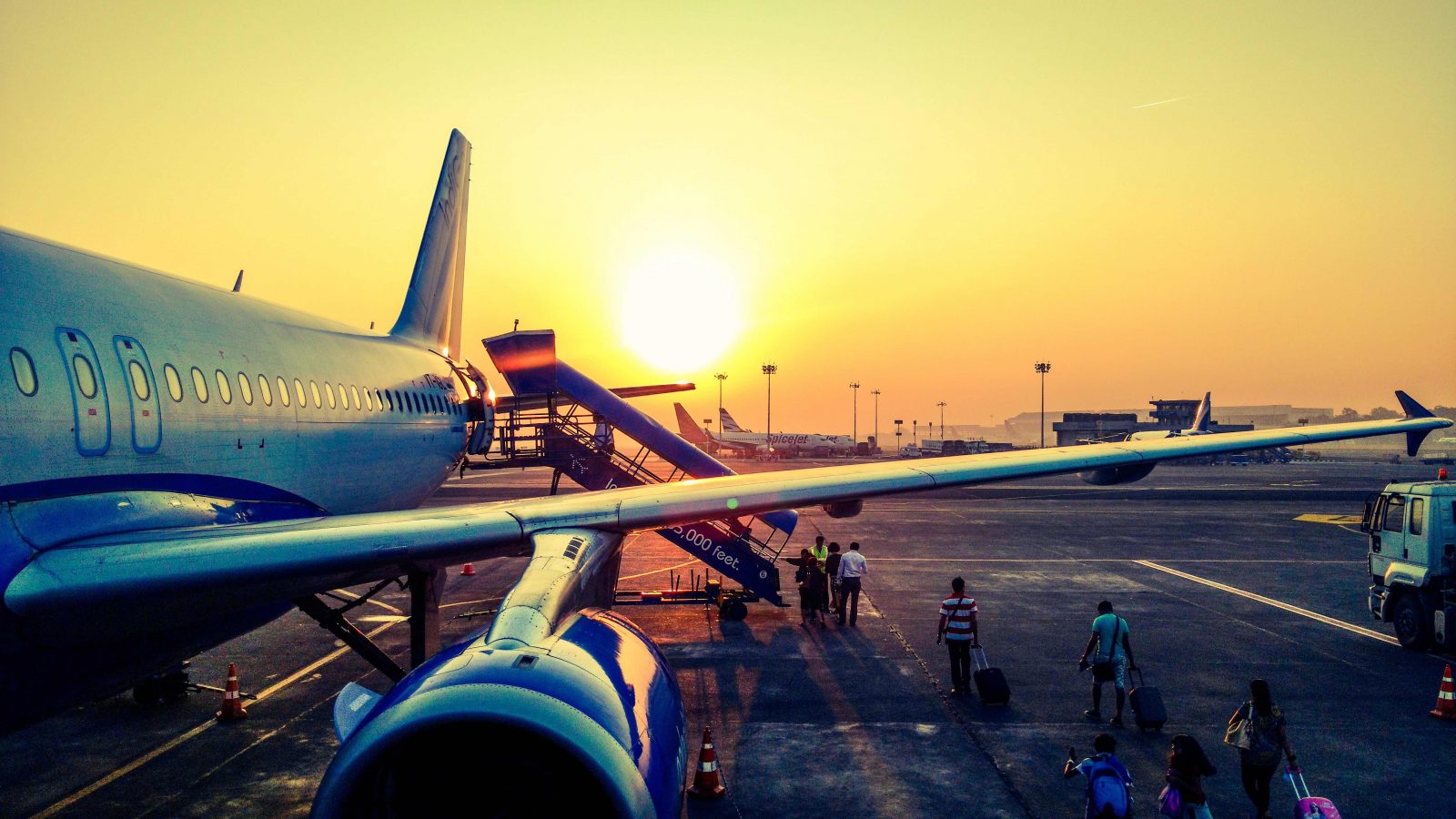
As much of Europe swelters in near record-breaking temperatures, the National Oceanic and Atmospheric Administration (NOAA) is already predicting that 2018 will be the fourth hottest year on record. By global standards, only three years have been hotter – 2016 takes the top spot closely followed by 2015 and then 2017.
But while much of the world is quickly adapting to hotter temperatures, flight attendants are warning that many planes remain far too hot during summer months. Especially during long unscheduled ground delays.
Normally, such conditions are just frustrating and uncomfortable but there have been well-documented cases of passengers and crew falling ill when temperatures get either too hot or too cold. The Association of Flight Attendants (AFA) points to a dramatic 2013 incident in which 150 passengers on a two and a half hour delayed flight in Las Vegas fell ill when their plane’s air conditioning failed.
Then there was a horrifying example last year in which a 4-month old baby had to be hospitalized after overheating on a United Airlines flight which was waiting to depart Denver International Airport. Temperature’s in the city were nudging 90 degrees at the time and it was said to be even hotter onboard.
But despite these examples, there are currently no legal requirements for in-cabin temperature standards – despite organisations like AFA lobbying the Federal Aviation Authority (FAA) and Department for Transport (DOT) for years over the issue.
Now, AFA is officially petitioning the DOT to introduce rules in an attempt to prevent passenger and crew harm.
“This is a problem that can be easily fixed,” explained AFA’s President Sara Nelson.
“Some airlines have internal policies on temperature, but without consistent rules, the policies fail to meet acceptable standards and fixing extreme temperatures is often prioritized last.”
Working with the American Society of Heating, Refrigerating and Air Conditioning Engineers (ASHRAE), the flight attendant union is advocating for the adoption of a standard that would regulate in-cabin temperatures. They argue the target temperature range inflight and on the ground should be between 65-75°F (approximately 18 Celsius to 24 Celsius).

In the case of hot outside temperatures, AFA say’s the maximum in-cabin temperature shouldn’t be allowed to exceed 80°F (about 26.5 Celsius), although in the case of plane’s with in-flight entertainment systems which are all switched on, AFA has taken the approach that the temperature can rise to 85°F (29.5 Celsius) – which I think we can all agree is still an uncomfortable heat to be sitting in.
But if the union’s pleas are ever to be taken seriously, they need your help. It’s all very well sharing stories of extreme in-cabin temperature events but does that really reflect what’s happening day in, day out? After all, lawmakers aren’t going to change the rules if most people aren’t being affected.
With that in mind, AFA has developed a new app which they call 2Hot2Cold – it’s a really simple and bare-bones smartphone app which is available on Apple and Android devices. Either as a passenger or crew member, you can log an extreme temperature event – as the name suggests, either too hot or too cold and then send it to AFA.
The app works for a number of U.S.-based airlines and international carriers. The responses will help AFA collate the data and press the Department of Transport to make changes.
“The problem (of extreme in-cabin temperature events) is bigger than anyone can imagine today and together we’re going to document it and put an end to it,” commented Nelson.
Mateusz Maszczynski honed his skills as an international flight attendant at the most prominent airline in the Middle East and has been flying ever since... most recently for a well known European airline. Matt is passionate about the aviation industry and has become an expert in passenger experience and human-centric stories. Always keeping an ear close to the ground, Matt's industry insights, analysis and news coverage is frequently relied upon by some of the biggest names in journalism.







